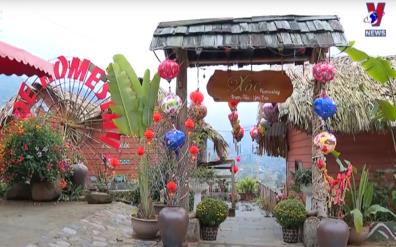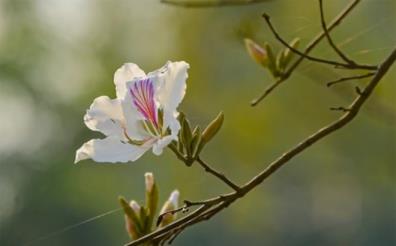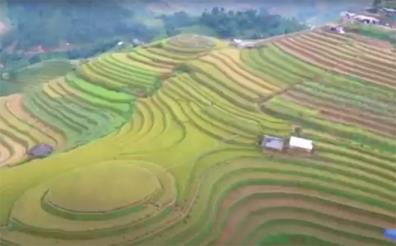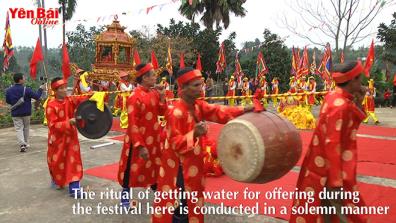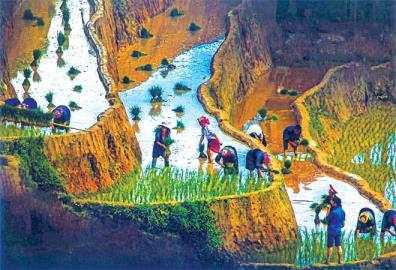Integrating Spiritual Tourism with Cultural and Historical Preservation
- Thursday, February 13, 2025
YBO - In recent years, Yen Bai has emerged as a notable destination on Vietnam’s tourism map. Alongside ecological and adventure tourism, spiritual tourism has been gaining traction in the province, attracting significant interest from both domestic and international visitors. This growth not only honors spiritual values but also helps preserve the cultural and historical heritage of ethnic communities.
|
|
|
The Muong A Temple Festival in Ngoi A Commune, Van Yen District, attracts a large number of visitors for sightseeing and worship.
|
Other news

The 4th edition of the "Top 7 Impressive Vietnam" program, organized by Sai Gon Tiep Thi, has announced the results for the "Top 7 Most Impressive Scenic Destinations" category. Among the honored locations, Yen Bai has three sites: the Chi Pau Flower Hills on Ta Chi Nhu Peak (Tram Tau), the "Dinosaur Spine" in De Xu Phinh (Mu Cang Chai), and Thac Ba Lake (Yen Binh).

Harnessing its potential and strengths in natural landscapes, culture, and people, Tram Tau district has developed and introduced a diverse range of tourism products, including community-based tourism, resort tourism, eco-tourism, and adventure tourism, attracting numerous domestic and international visitors for sightseeing and exploration.

Recognizing spiritual tourism and ecological tourism as two key potentials and strategic directions for tourism development, Van Yen District has implemented a range of practical and effective measures in recent years. These efforts have helped preserve cultural and historical values, leverage the district's majestic natural beauty, create unique tourism products, and open pathways for sustainable economic growth.




